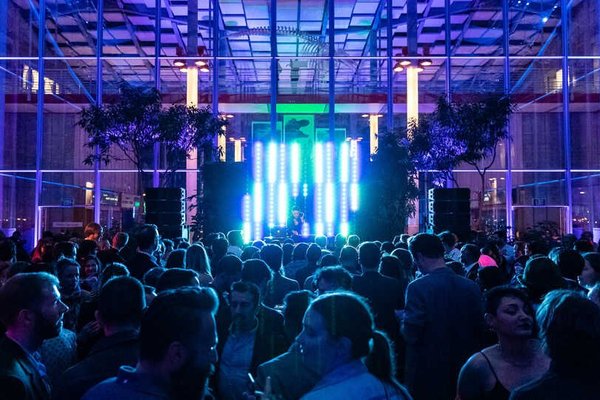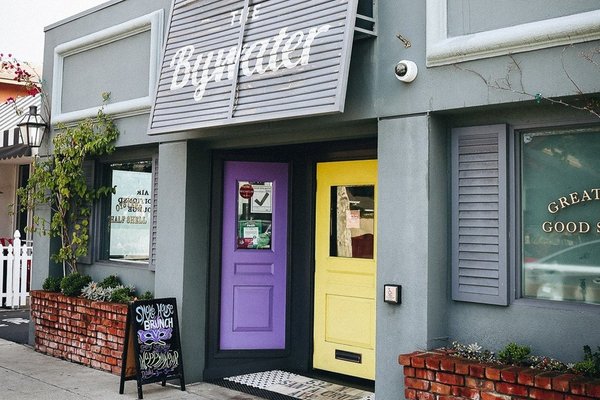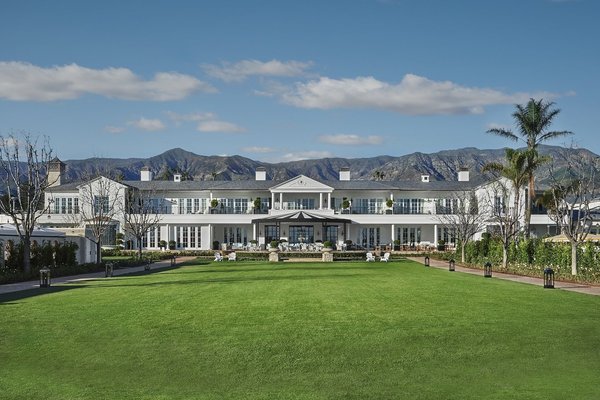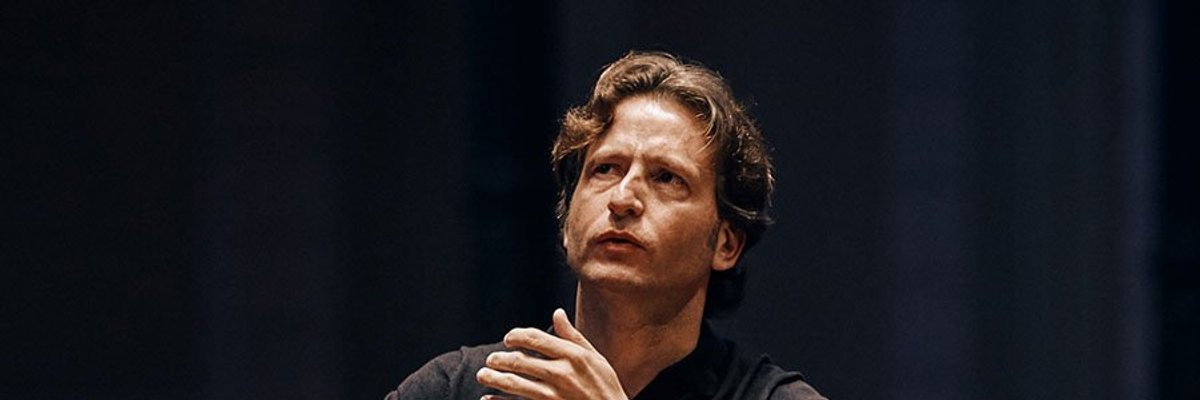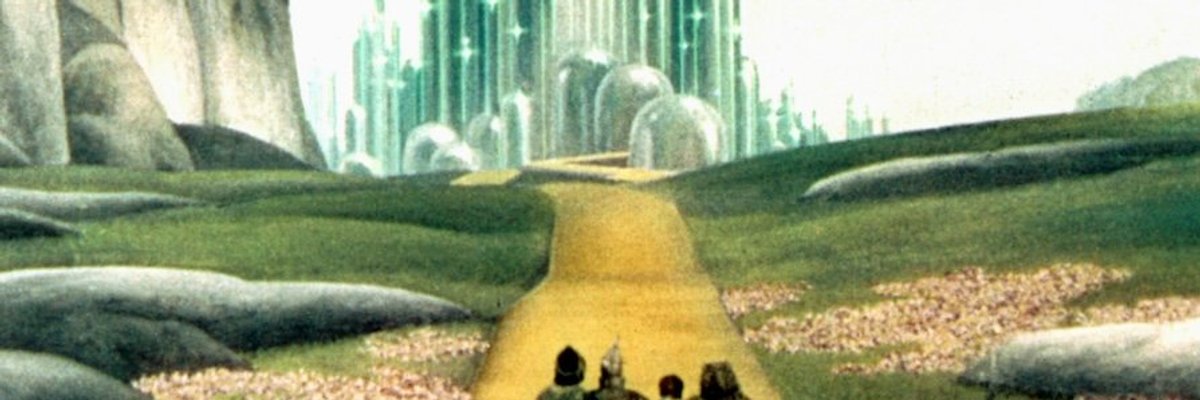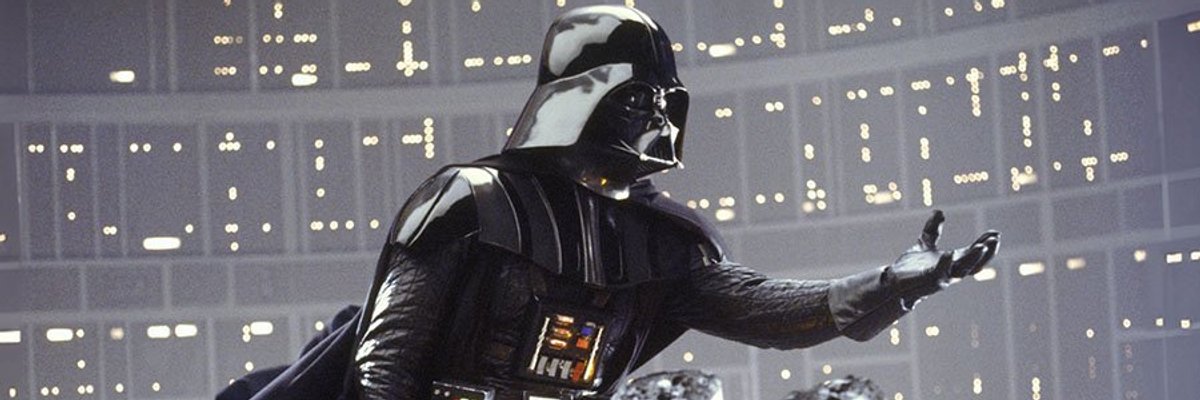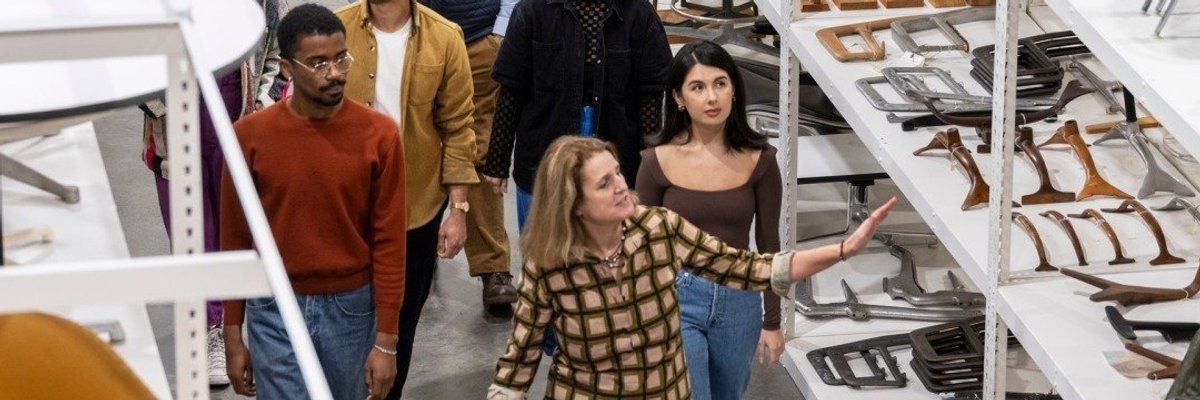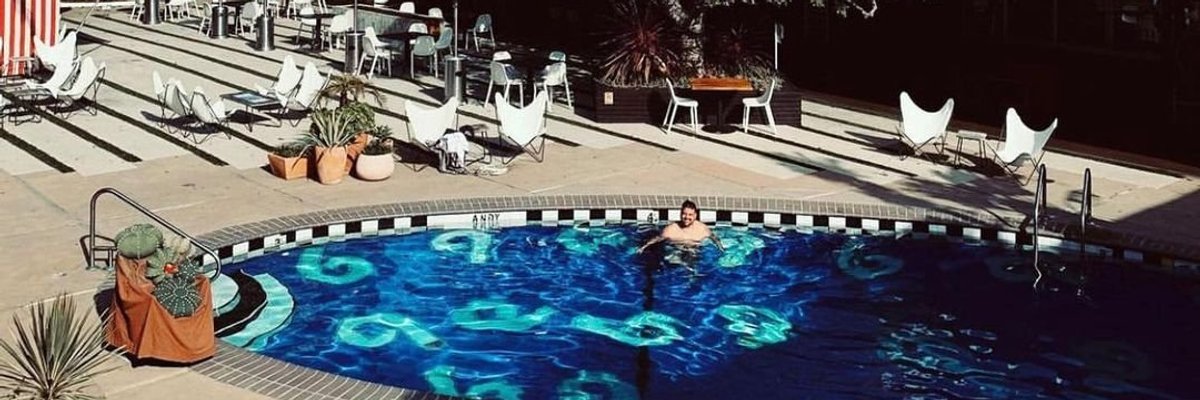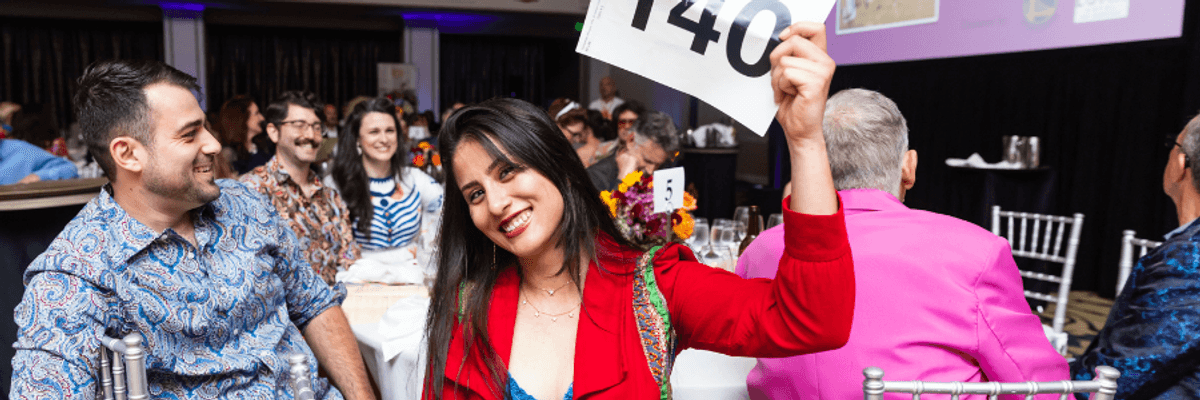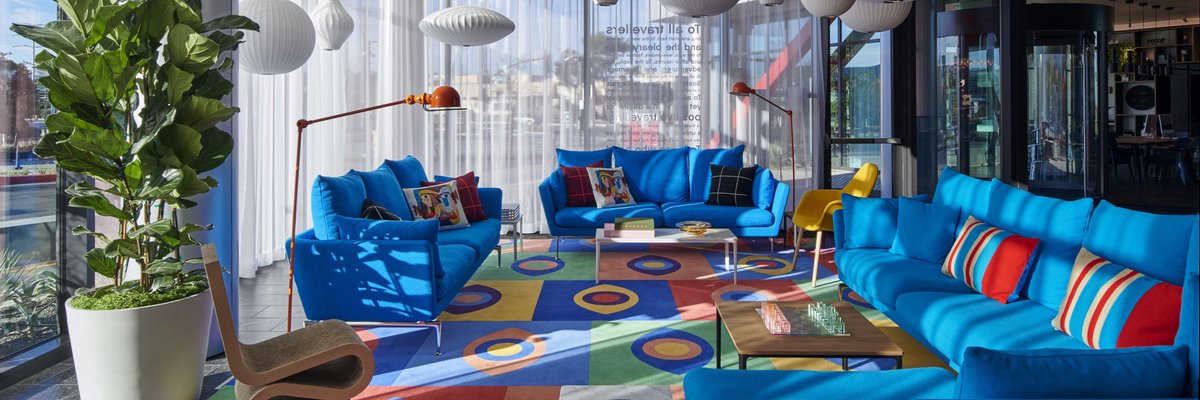Professional boxing has fallen into such a state of cultural irrelevance that it’s hard to imagine a time when a single bout, staged more than 8,000 miles from the sport’s unofficial home in Las Vegas, could have galvanized spectators around the globe. Yet that is precisely what happened in 1974, when Muhammad Ali and George Foreman faced off in Kinshasa, Zaire, in the epic fight billed the “Rumble in the Jungle.”
Revisited later in the Oscar-winning 1996 documentary When We Were Kings, the main event has only grown in legend during the ensuing years. But the raucous festivities that preceded it – a three-night music festival featuring the likes of James Brown, B.B. King, the Crusaders and the Spinners – have largely been overlooked, even by Kings. That’s where Jeffrey Levy-Hinte comes in.
Levy-Hinte, who helped edit Kings, knew back in ’96 that the 120-plus hours of unused footage from that film could easily have yielded several more documentaries. So, with the blessing of Kings director Leon Gast, he set about making one: Soul Power, which brilliantly recaptures the excitement of the musical extravaganza known as “Zaire ’74.”
If that makes his mission sound simple, it was anything but. Like Kings, Soul Power traveled what Levy-Hinte calls a “convoluted path” to the big screen.
On the complications that initially hindered Kings and Soul Power from reaching the public:
“The original footage was filmed in ’74, and the company which backed it was essentially bankrupt, so they couldn’t pay to have it finished. There was litigation in all different ways – I don’t even know the full extent of it – but at the end of the day, Leon Gast ended up owning the footage. We did Kings, and I had a very strong sense that the [unused] material was amazing, that we needed to do something with it. But none of us were thinking of a feature film then, because we’d just done a feature film.
“I was toying with the idea of concert DVDs, or possibly a television show in multiple parts, and Leon wasn’t ready to dive back into it. I was young and naïve, and I wanted to do something, but nothing came of it. Years went by, and then, sadly, James Brown passed away on Christmas day of 2006. I remember seeing his fans at the Apollo and their amazing outpouring of love and respect, and it catalyzed me to do something. It was a good time, I wasn’t busy, and as I watched the footage, I realized there was something more special here than a series of DVDs. So I started to push it in that direction.”
On the difference between Soul Power and more contemporary concert films:
“You can see the grain on the film – it’s the size of baseballs at times, and the film is underexposed. But I think the experience of watching it is psychologically immersive. Obviously, we can’t compete with, say, the IMAX experience, something like what U2 did, with its definition and the strength of the sound. But my goal was to have people lose themselves in that time and place, to feel as if they were there, watching these things happen. I wanted to put people on the stage. And it worked.”
On the remaining material left in the archives:
“There’s still roughly 120 hours of footage, so there could be a lot more movies. Just give us 10 years and we’ll come up with something really good. But the thing that fascinates me is how you can take the same footage and approach it from so many different angles to tell new and different stories. You could make a movie about the people of Zaire, or what Zaire was like at the time. So many different films could be derived from the same source. I think that’s the beauty of filmmaking.”
On the footage he most cherished:
“That’s like asking a parent which child is their favorite. I’ve watched the movie many times, and I really enjoy it. I hope other people do, too. I get different things from each viewing. Sometimes I’m really digging on the performances, and sometimes I just enjoy listening to Muhammad Ali speak. I also love watching the Zairian people playing their music in the streets; the cinematography in those scenes is incredible.
“Truthfully, I could go to every single scene and tell you why it’s my favorite. I’m just glad I had the opportunity to put them all into a film that I could share with other people, to allow them to engage with the celebration and watch these incredible musicians perform at their highest level.”
Soul Power is playing now at the Century San Francisco Centre 9 and the Shattuck Cinemas in Berkeley. For tickets and showtimes, click here.








